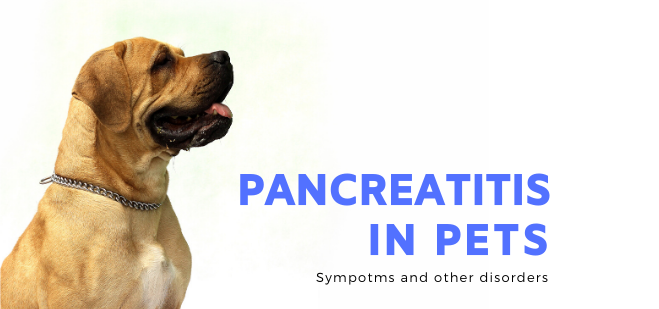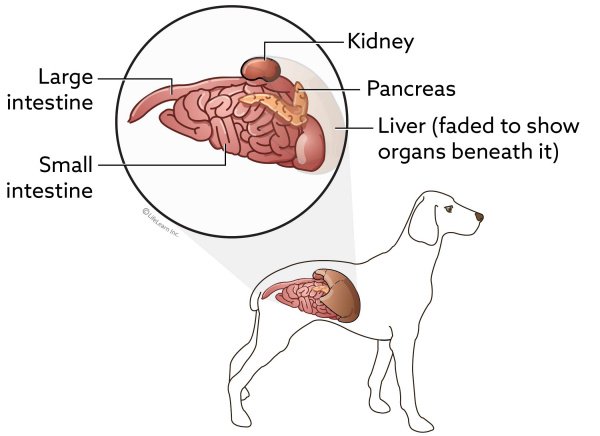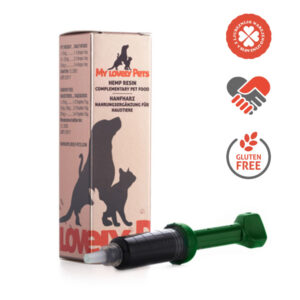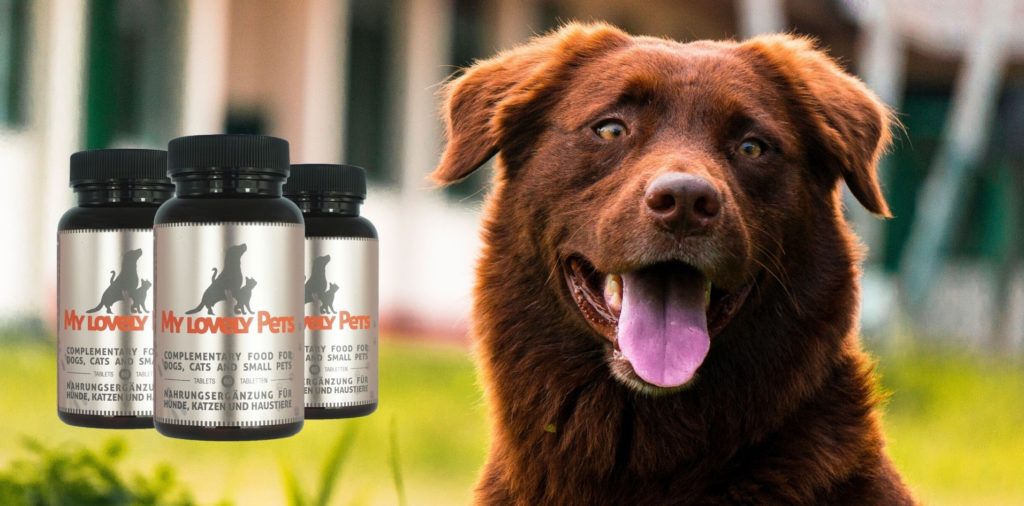
Pancreatitis and Other Disorders of the Pancreas in Pets
The pancreas is a vital organ that carries out functions that are of the utmost importance for the proper functioning of our bodies. The same is for cats and dogs. The pancreas is responsible for the production of hormones such as insulin as well as for producing enzymes that help us digest proteins and carbohydrates. When this organ gets inflamed, it can have severe and even lethal consequences.
If your pet suffers from pancreatitis or another disorder of the pancreas, it must receive proper treatment on time to avoid any dangerous complications.
Pancreatitis and Its Causes
Pancreatitis is a life-threatening disease that often affects both cats and dogs. When pancreatic enzymes remain inside the pancreas, they start feeding on it. The pancreas starts eating itself.
This leads to inflammation and affects the entire body. Your pets experience vomiting, abdominal pain, diarrhea, dehydration, and they usually refuse to eat. Among the signs of pancreatitis in cats are low-body temperature, lethargy, and anorexia. The same signs can be visible in dogs, too, but dogs with a milder case of pancreatitis may show no signs at all. Due to all these symptoms, your pet is not in the mood or capable of jumping around and running like they used to.
Even though the cause is often unknown, it is believed that feeding your pet table scraps is one of the factors. We know that your dog or cat loves to have a taste of our food, but since it is high in fat, it is imperative that you avoid feeding them table scraps.
As all dog owners know, dogs love to sniff and eat anything they find outside. This is very harmful because they could be exposed to toxic substances, which can eventually lead to pancreatitis. Pancreatitis in cats is often related to trauma, inflammatory bowel disease, consuming too much fat, etc. Feline pancreatitis affects about 2% of the cat population while dogs are more prone to it.
Types of Pancreatic Disorders
Besides pancreatitis, our beloved pets can often develop one of the pancreas-related disorders which can affect the quality of their lives. Sometimes, it’s hard even to detect any signs that our pet is sick. However, that does not mean that these conditions are not severe.
Pancreatic Cancer
Dogs and cats of all breeds can develop pancreatic adenocarcinoma. It typically occurs in older dogs, but the symptoms are often hard to detect. Your pet might experience weight loss, weakness, fever, and abdominal pain.
Cancers can be malignant or benign. Malignant tumors spread to other organs, and unfortunately, it is often discovered once it’s too late. Existing treatment for cancer (surgery and chemotherapy) have little effect and often the worse outcome can not be avoided.
Pancreatic Pseudocyst
This type of disorder is less common in dogs and cats, and it develops as a complication of pancreatitis. A pseudocyst is pancreatic fluid enclosed by fibrous or granulation tissue. Signs of this disorder are very similar to those of pancreatitis and include vomiting. Existing treatment involves surgery or medications. The size of the pseudocyst should be closely monitored. If the size of the cyst does not shrink, surgery is necessary.
Pancreatic Abscesses
A pancreatic abscess is the collection of purulent material or puss. Like pancreatic pseudocyst, this one also develops as a complication of pancreatitis. Symptoms are also very similar and include vomiting, diarrhea, dehydration, and loss of appetite. Traditional treatment for a pancreatic abscess is surgical removal of the puss however, it’s hazardous. There’s no guarantee that your pet will respond well to the procedure.
Given the fact that pancreatic pseudocyst and pancreatic abscesses are uncommon in pets, there is insufficient data on the diseases and their treatment.

How Can CBD Help Treat These Conditions?
Unfortunately, vets have limited options when it comes to diagnosing and treating pancreatitis. Removing the damaged tissue can result in complications such as a more serious inflammation. In some cases, the patient has to be hospitalized for several days. However, sometimes, the existing treatments are insufficient to help cats and dogs with severe cases of pancreatitis. While you receive a proper diagnosis, it can be too late. For critically ill pets, the outcome is, therefore, uncertain.
Traditional treatments can be very costly too. However, there is a more natural, efficient remedy that pet owners have begun applying to help their sick pets. Cannabidiol or CBD is the non-psychoactive component of the cannabis plant which is praised for its multiple health effects. This substance is now being used in a wide range of products aimed at helping humans and pets alike to alleviate pain and reduce the symptoms of many diseases.
CBD has anti-inflammatory properties, and it can help treat chronic pain, anxiety, depression, nausea, cancer, epilepsy, and many other conditions. Various clinical trials have shown that CBD could potentially substitute the existing medications, which are often too expensive and known to have many side-effects.
There is an array of different CBD-based products such as oils, drops, topicals, sprays, pills, and edibles, including various treats designed especially for your dog or cat. Depending on the size of your pet, several drops of hemp-oil a day can potentially reduce the symptoms of pancreatitis and other disorders of the pancreas.
CBD-based products are already being used to help cancer patients going through chemotherapy to reduce nausea and increase their appetite. Even though CBD products for pets have not been approved by the FDA yet, many vets do recommend using them to treat diseases such as anxiety, arthritis, cancer.
Is It Safe?
Like many people who haven’t used CBD products before, you must be concerned about the possible unwanted side-effects. Moreover, it would help if you did your due diligence before you start giving your dog or cat hemp-derived products.
However, unlike many of the available medications, CBD has no known side-effects (at least none that are serious). CBD products are made of natural, organic ingredients and usually contain no additives, so they are safe for both humans and pets alike.
HEMP RESIN 16%
Consumption of CBD oil (or THC-free industrial hemp resin) has proven to be very positive in the treatment of arthritis. According to research, cannabidiol helps reduce pain and inflammation in rheumatoid arthritis, gout, osteoarthritis and other types of joint pain caused by an inflammatory condition.
16% CBD HEMP RESIN
5ml
63.89 €Hemp resin is produced from Cannabis Sativa L industrial hemp.
CONTENT: 5 ml, 800 mg of naturally occurring CBD






